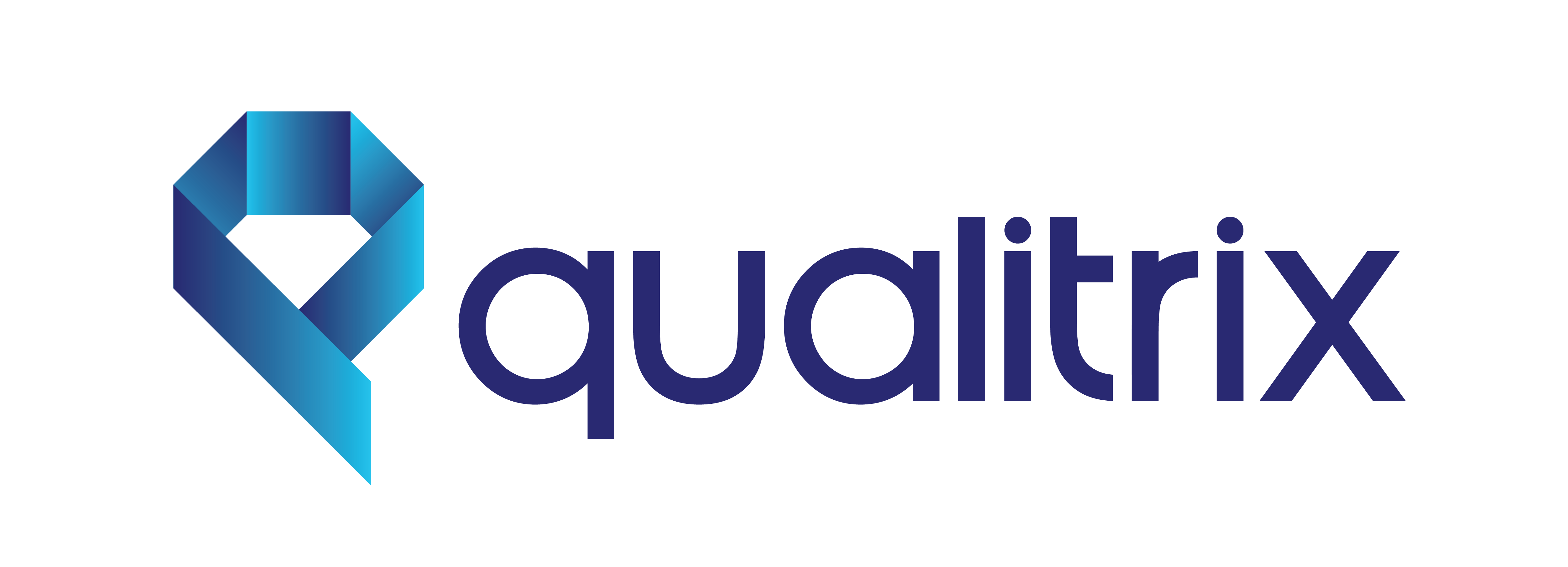As the demand for faster software delivery and improved product quality continues to rise, Artificial Intelligence (AI) is playing an increasingly important role in software testing. AI testing tools are not only automating tedious manual processes but are also introducing smarter, more efficient ways to test software. These tools help identify bugs, optimize workflows, and ensure better test coverage. In this post, we explore the key benefits of AI-powered testing tools and how they are transforming the landscape of software quality assurance.
What is AI in Software Testing?
AI in software testing refers to the use of machine learning (ML) algorithms and advanced data analysis techniques to improve testing processes. These tools can perform tasks like automating test case generation, predicting failure points, analyzing large datasets, and improving decision-making in test execution.
Key Benefits of AI-Powered Testing Tools
1. Automation Beyond Traditional Methods
AI-driven tools can automate complex testing processes that go beyond the capabilities of traditional automation tools. While traditional automation requires scripts to be written for specific scenarios, AI tools can dynamically create and adjust tests based on real-time data, eliminating the need for constant human intervention. This allows teams to save time and focus on more critical tasks.
2. Improved Test Coverage and Efficiency
AI testing tools can significantly enhance test coverage by automatically identifying and generating test cases for edge cases and potential failure points that might be missed in manual testing. Additionally, AI-powered testing can execute tests faster and more efficiently, reducing the overall testing time.
3. Predictive Analytics and Failure Detection
One of the most significant advantages of AI in testing is its ability to predict potential failure points by analyzing historical data from previous test cycles. AI algorithms can identify patterns and trends in bug reports, system behavior, and performance data, allowing teams to proactively address issues before they occur.
4. Self-Healing Test Scripts
In traditional automation, even small changes in the user interface (UI) or code structure can break test scripts, leading to time-consuming maintenance. AI-powered tools offer self-healing capabilities, which means that the scripts can automatically adjust to changes in the application, reducing the need for manual script updates.
5. Enhanced Decision Making
AI testing tools can analyze massive amounts of data to provide insights that help teams make informed decisions during the software development lifecycle. For instance, AI can analyze test results, performance data, and system logs to provide recommendations for improving test strategies, resource allocation, and prioritization of testing efforts.
Popular AI Testing Tools
1. Applitools
Applitools leverages AI to perform visual testing. It uses machine learning to compare application screens and detect visual anomalies such as layout shifts, missing elements, and color mismatches. This tool is especially useful for UI/UX testing across different devices and browsers.
2. Testim
Testim uses AI to help automate the creation, execution, and maintenance of functional tests. It can detect UI changes and automatically update test cases, improving overall stability and reducing maintenance time. Testim’s smart locators ensure tests are more resilient to UI changes.
3. Mabl
Mabl is an AI-powered tool designed for functional and regression testing. It combines machine learning with continuous integration/continuous delivery (CI/CD) pipelines to help teams quickly identify and fix issues in web applications. Mabl also provides real-time insights into performance and application behavior.
4. Functionize
Functionize is an AI-based testing platform that allows users to create and run functional tests without writing code. It supports self-healing tests and provides insights into system behavior, making it easier to maintain tests over time.
The Future of AI in Software Testing
The role of AI in software testing will only continue to grow as testing tools become more intelligent and capable of performing complex tasks autonomously. We can expect AI testing tools to:
- Become more integrated with CI/CD pipelines, offering real-time feedback during development cycles.
- Continue improving test coverage and quality, with reduced reliance on manual intervention.
- Provide more accurate predictive analytics for identifying potential risks early in the development process.
- Enable businesses to achieve faster time-to-market while ensuring higher product quality.
Conclusion
AI testing tools are revolutionizing the way we approach software quality assurance. From reducing manual intervention to improving test coverage and accuracy, these tools offer immense value to development teams. As AI continues to evolve, its applications in testing will play a key role in delivering faster, more reliable, and higher-quality software.

